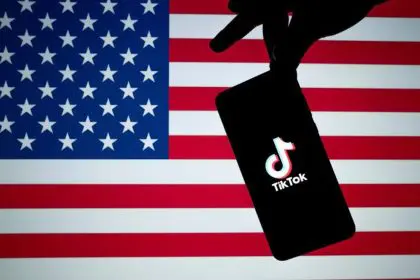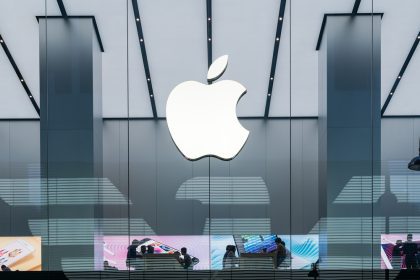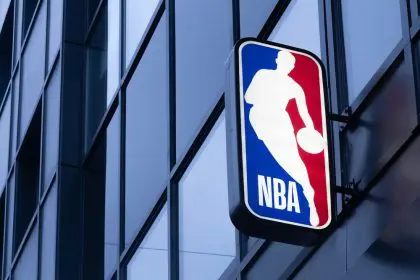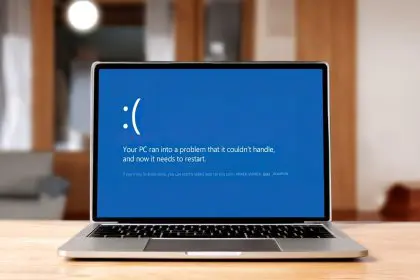In today’s fast-paced job market, the intersection of technology and employment has created a complex landscape for job seekers, particularly among younger generations like Gen Z. Jon Stross, the president and co-founder of the hiring platform Greenhouse, has voiced concerns about how advancements in artificial intelligence (AI) are complicating the job search process. According to a report by CNBC, Stross believes that while technology was designed to facilitate job searching, it has inadvertently become a barrier for many applicants.
The double-edged sword of AI in job searching
Since 2012, Stross has dedicated his career to developing technology that aids individuals in finding suitable employment. However, he argues that the rise of AI tools has led to a more challenging environment for job seekers. “All the AI stuff isn’t actually helping. In some ways, it’s exacerbating it. I’d argue it’s getting worse,” he stated. This sentiment resonates with many who feel overwhelmed by the sheer volume of applications and competition in the current job market.
Job market pressures and the rise of ghost jobs
The job market is currently experiencing what Stross describes as a “white-collar recession.” With technology enabling applicants to apply for multiple positions simultaneously, the pressure to stand out has intensified. Tools like ChatGPT allow candidates to craft resumes and cover letters quickly, but this has led to a saturation of applications for roles that many are not qualified for. Stross highlights the anxiety this creates, noting that candidates feel compelled to apply to numerous jobs to keep pace with their peers. “You hear people on social media saying, ‘Oh, I applied to 150 jobs.’ And so you feel pressure that if you’re not applying to tons of jobs, you’re falling behind,” he explained.
Moreover, the phenomenon of “ghost jobs” has emerged, where companies post job listings that may not reflect actual hiring needs. During the first quarter of 2024, Greenhouse reported an average of 222 applications per job listing, a staggering 43-percent increase from the previous year. These ghost jobs create a misleading perception of job availability, leading to a false sense of urgency among job seekers. Stross remarked, “Whenever I’m talking to friends who are looking for jobs and are like, ‘Wow, these companies are acting totally irrationally,’ my general [response] is, ‘yes.’ It’s usually chaos on the inside.”
The role of AI tools in job searching
According to a survey conducted by Capterra, 58 percent of job seekers have utilized AI tools in their job search. While these tools can provide assistance, many hiring managers express concerns that they give candidates an unfair advantage. Some job seekers feel pressured to use these technologies, yet the effectiveness of such tools can vary significantly. The reality is that while AI can streamline certain aspects of the job application process, it does not guarantee success.















